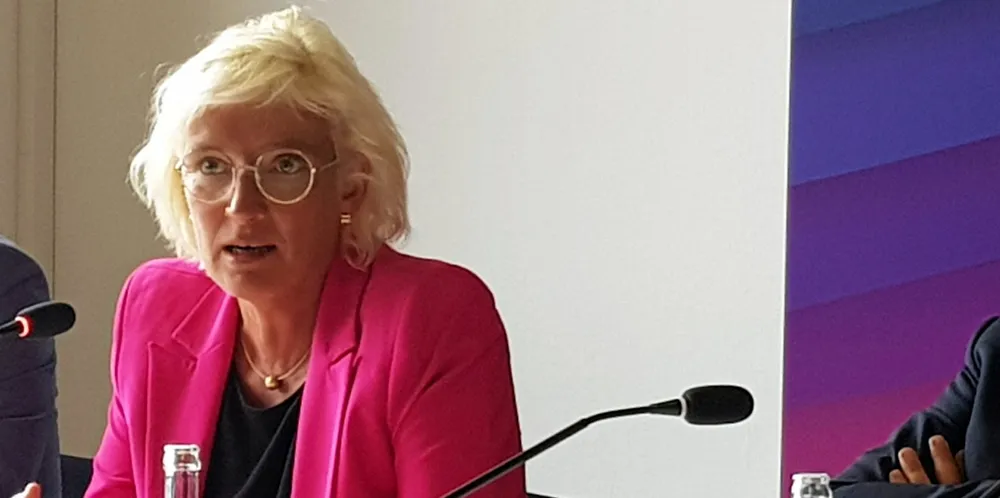German wind industry slams 'unfair competition' as sector eyes auction rules to keep China and US at bay
New installations topped 3GW last year but wind groups demand fast implementation of onshore wind acceleration package announced by state and federal governments

German wind sector groups expect the country to add 4GW of new onshore wind capacity this year but are lobbying for the introduction of pre-qualification criteria in tenders to ensure domestic and European manufacturers will be able to gain a great part of this cake in competition with state-supported rivals from China and the US.
The country’s wind energy federation BWE and VDMA Power Systems, a group representing manufacturers, said gross new installations last year rose by 48% to 3.57GW, while net additions (that subtract decommissioned capacity) reached 3.03GW. That brought Germany’s cumulated wind power capacity on land to 61GW.
“German and European manufacturers find themselves in unequal competition with largely state-supported companies from China and players from the US who are generously subsidised through the Inflation Reduction Act,” said Dennis Rendschmidt, managing director at VDMA Power Systems.
“You need a level playing field to survive in this environment. The basic prerequisite for this is a European framework that stabilises demand, ensures equal competition in Europe, especially against market players with unequal conditions, and strengthens the scaling of production.”
The EU Council also proposed to only set minimum standards in certain areas, which could lead to having 27 different sets of pre-qualification criteria – an idea abhorred by the wind industry.
“For the competitive balance in the wind industry, it is essential that binding prequalification criteria that contribute to resilience are anchored across Europe,” Rendschmidt insisted.
“In November 2023, the federal and state governments agreed on a comprehensive package of measures as part of the pact for acceleration. These decisions must now be enacted into law as quickly as possible, ideally in the first quarter of this year,” BWE president Bärbel Heidebroek demanded.
“Last year a volume of 7.5GW was newly approved. To realise this as smoothly as possible, the course must now be set. This includes, in particular, predictable and more uniform requirements in the area of transport permits, which are currently delaying projects and making project implementation massively more difficult.”
The wind groups also said that 6.4GW of new wind capacity was allocated at onshore tenders last year, which was still far from the government’s target of 12.84GW.
“The installation gap must now be reduced through more projects – faster approvals, more areas and the removal of implementation hurdles. To achieve this, implementation issues must be resolved, particularly at the state level,” Heidebroek said.
(Copyright)